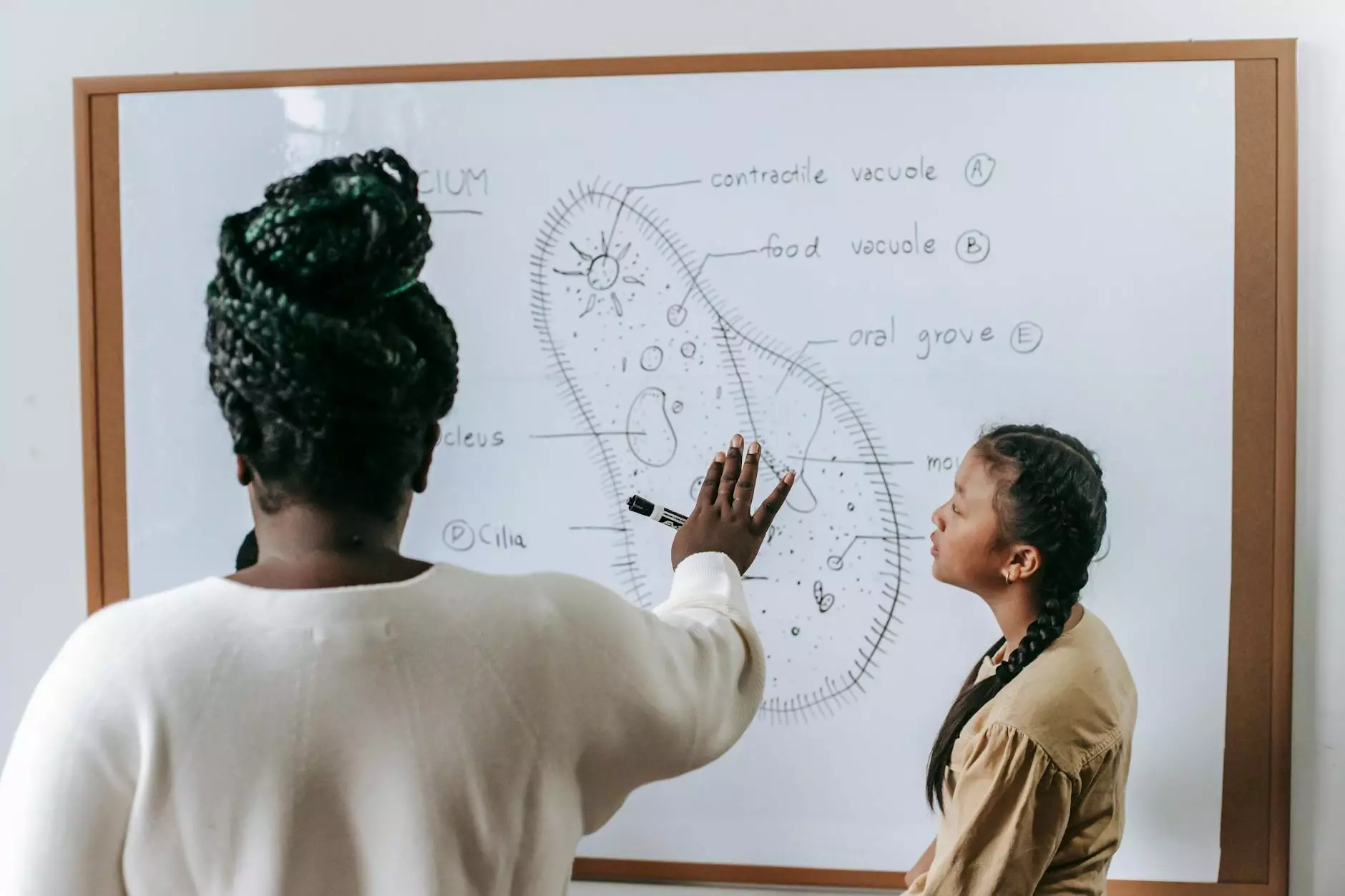How to Make a Thesis Statement

The Importance of a Strong Thesis Statement
In the realm of academic writing, a thesis statement plays a critical role in guiding the direction and focus of your paper. A well-crafted thesis statement sets the foundation for a clear and concise argument, helping to keep your ideas organized and your readers engaged.
Understanding the Purpose of a Thesis Statement
A thesis statement serves as a roadmap for your essay, providing a concise summary of the main point or claim you will be making. It acts as a guidepost for both you and your readers, enabling them to understand the central argument from the outset.
Steps to Create an Effective Thesis Statement
Step 1: Analyze the Prompt
Before diving into the thesis statement, it's essential to carefully analyze the prompt or question you've been given. Identify the key keywords and main ideas to ensure you fully grasp the requirements of the assignment.
Step 2: Identify a Topic
Once you understand the prompt, you can start brainstorming potential topics related to the assignment. Consider your interests and areas of expertise, as well as the relevance to the assignment's objectives.
Step 3: Narrow Down Your Focus
With a general topic in mind, it's crucial to narrow down your focus to a specific aspect or argument. This helps prevent your thesis statement from being too broad or vague.
Step 4: Formulate Your Claim
Your thesis statement should present a clear and arguable claim or position on the chosen topic. It should be specific, concise, and thought-provoking, encouraging readers to delve deeper into the subject matter.
Step 5: Provide Supporting Evidence
To strengthen your thesis statement, it's vital to include supporting evidence that validates your claim. This can include relevant examples, data, or scholarly research that adds credibility to your argument.
Step 6: Revise and Refine
Once you've drafted your initial thesis statement, take the time to revise and refine it. Consider feedback from peers or instructors and make any necessary adjustments to ensure clarity and precision.
Tips for Writing an Effective Thesis Statement
Writing a strong thesis statement requires practice and attention to detail. Here are some tips to help you craft an effective one:
- Be Clear and Concise: Your thesis statement should convey your main argument in a clear and concise manner.
- Avoid Ambiguity: Steer clear of vague or ambiguous language that may confuse your readers.
- Stay Focused: Ensure that your thesis statement remains relevant to the overall scope of your paper.
- Engage Your Readers: Craft a thesis statement that captivates your readers' attention and sparks their interest.
- Use Specific Language: The use of specific language helps articulate your ideas more effectively.
- Consider Counterarguments: Acknowledge counterarguments and address potential opposing viewpoints in your thesis statement.
Enhance Your Academic Writing Skills with The Knowledge Nest
At The Knowledge Nest, we understand the significance of a well-crafted thesis statement. Our expert instructors are dedicated to helping students like you strengthen their academic writing skills and create impactful papers.
Whether you're struggling with formulating a thesis statement or need guidance on other aspects of academic writing, our comprehensive resources and personalized assistance are designed to support your growth and success.
Don't let your thesis statement hold you back. Join The Knowledge Nest community today and unlock your full writing potential!
Conclusion
A strong thesis statement is the cornerstone of a successful academic paper. By following the steps outlined above and implementing the tips provided, you can improve your ability to create compelling and well-structured thesis statements.
Remember, practice makes perfect. Don't be discouraged if your initial attempts at thesis statement writing are not as strong as you'd like them to be. With dedication and guidance from resources like The Knowledge Nest, you can refine your skills and excel in your academic pursuits.
© 2022 The Knowledge Nest. All rights reserved. | Category: Community and Society










